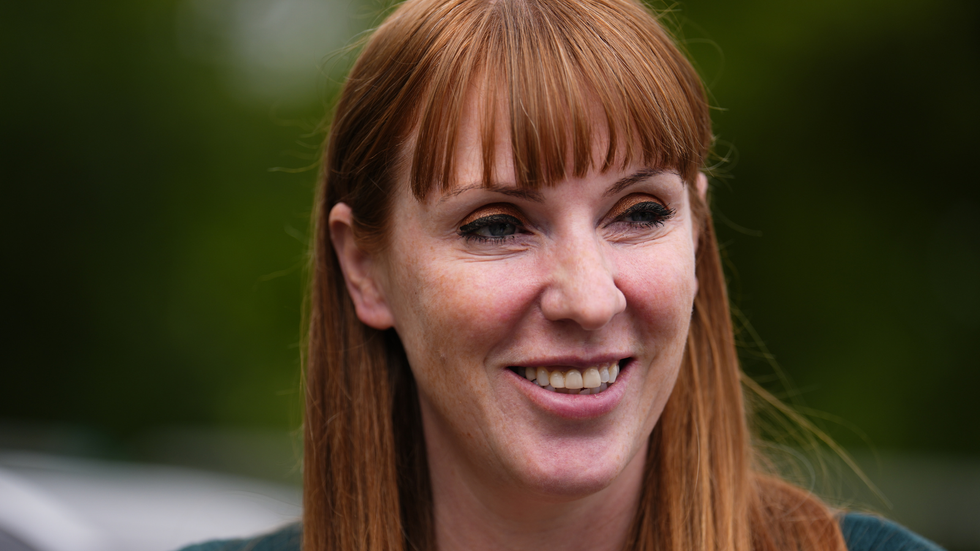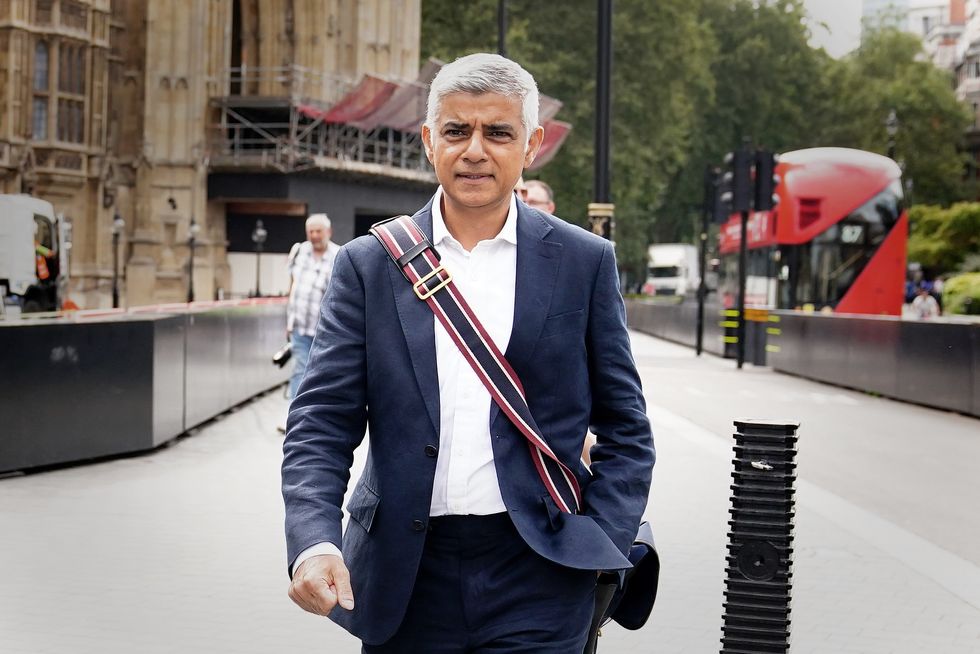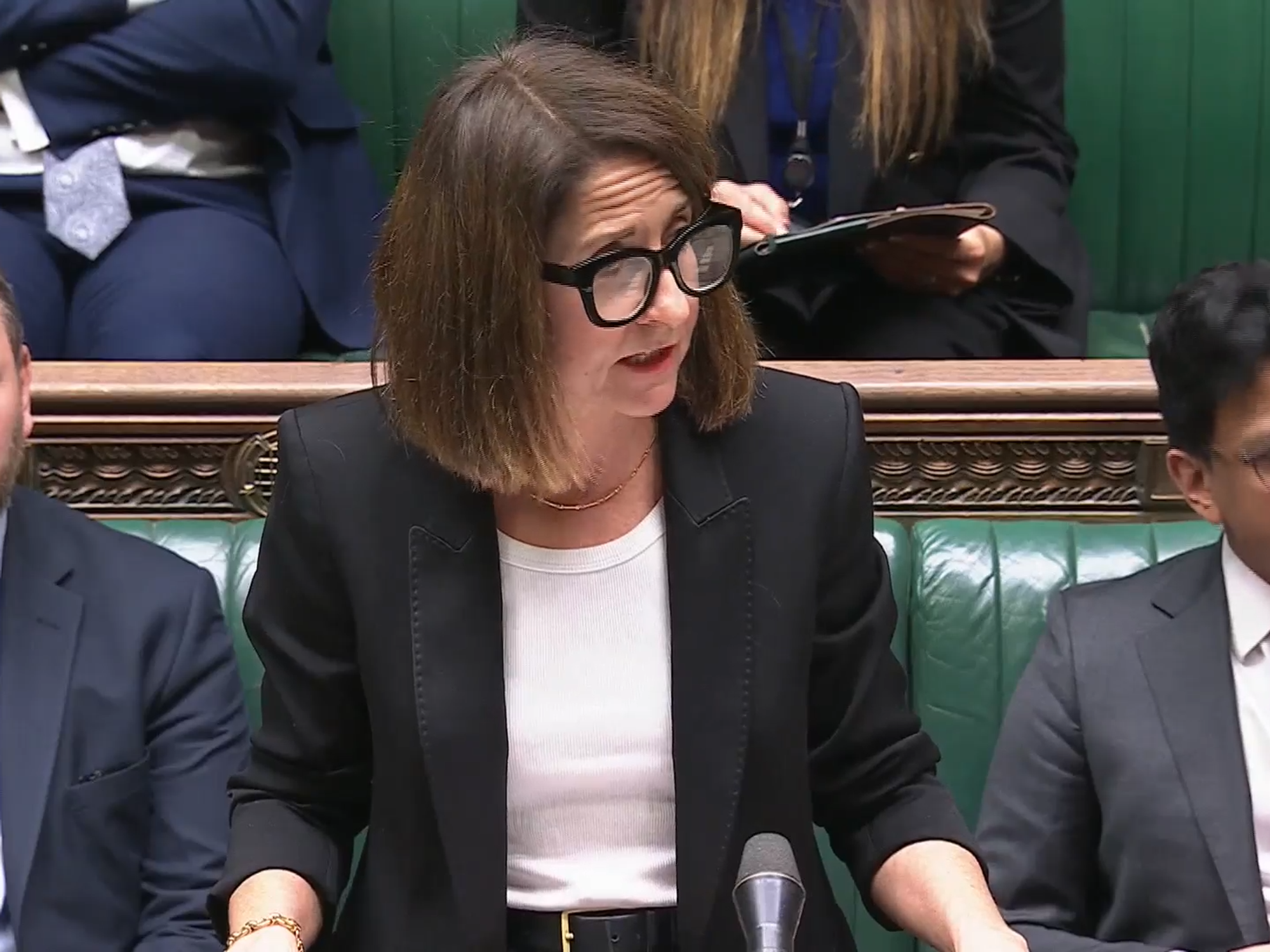Angela Rayner plots electoral 'stitch up' to halt Reform's surge after Local Elections blow-out
The Deputy Prime Minister is considering introducing a European-style voting system for mayoral elections
Don't Miss
Most Read
Trending on GB News
Angela Rayner has been accused of an electoral "stitch-up" as she plans to change how mayoral elections take place.
The Deputy Prime Minister "radical reset" comes after Reform UK claimed two mayoral victories in May, one in Greater Lincolnshire and the other in Hull & East Yorkshire.
The Deputy Prime Minister will abandon the UK's first-past-the-post voting system, in which the candidate with the most ballots wins.
Instead, mayoral elections will adopt a European-style system known as the supplementary vote, where candidates are ordered by preference.

Rayner's decision follows Reform's success at the mayoral elections
| PAThe move is a return to the arrangement used to elect Sir Sadiq Khan, as well as previous mayors including Boris Johnson and Ken Livingstone.
Reform accused Rayner of trying to sabotage Reform at next year's mayoral races.
A Reform spokesman said: "Labour is now trying to stitch up next year's mayoral elections in a deeply cynical attempt to diminish the success of Reform."
Speaking to the Telegraph, they added: "We are on track to replicate our successes this May in next year's elections, so it's no wonder they are doing this now."
LATEST DEVELOPMENTS

Farage's party may suffer under the new system
| GETTYThe ranked preference system will also mean voters can support smaller parties without it being a so-called "wasted vote".
With the voting system Rayner is pushing for, should one candidate achieve over 50 per cent of the popular vote on the first preference, the vote would not reach the second preference, and the contest would be concluded.
Farage has pushed in the past for electoral reform in the past but recent polling indicates that his party would majorly benefit from the first-past-the-post system.
Currently polling at 30 per cent, Reform could have enough to win the next General Election.

Dame Andrea Jenkyns, pictured after winning the mayoralty of Greater Lincolnshire
| PAReform UK is likely to benefit from a split between the "progressive parties" of the Greens, Liberal Democrats and Labour, in a situation comparable to previous fear of a divide on the right.
However, the return to the preference-based system could make mayoral elections easier for Labour to win.
Khan won in 2021 through the systems, after taking 40 per cent of the popular vote, bumping up to 55.2 per cent when second preferences were count.
The Mayor of London has not clarified whether or not he will stand for a fourth term in 2028, having been mayor since 2016.

Khan has not confirmed whether or not he will stand in 2028
| PAAnd the race to replace Khan as Labour candidate has already begun, with Labour MP Dawn Butler announcing that she will consider running.
Rayner is currently reviewing part of her English Devolution Bill to determine whether to change the system.
She said: "We were elected on a promise of change, not just for a few areas cherry-picked by a Whitehall spreadsheet, but for the entire country. It was never going to be easy to deliver the growth our country desperately needed with the inheritance we were dumped with.
"But that's why we are opting to devolve, not dictate, and delivering a bill that will rebalance decade-old divides and empower communities.
"We're ushering in a new dawn of regional power and bringing decision-making to a local level so that no single street or household is left behind and every community thrives from our Plan for Change."
More From GB News











